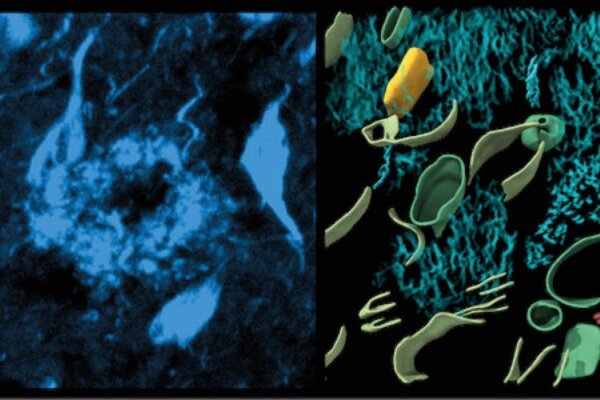
(© I Viewfinder - stock.adobe.com)
NEW HAVEN, Conn. — The emergence of the Omicron variant has left scientists scrambling to determine just how much protection current COVID-19 vaccines provide against the new strain. Interesting new research by a team at Yale University, however, finds an entirely new form of vaccination may soon be on the way. The research finds nasal vaccinations may be a useful way of providing further coronavirus protection.
Experiments showed that intranasal vaccination successfully sparked broad-based protection against respiratory viruses coming from different organisms among a group of mice. Meanwhile, a syringe-based vaccination (the standard shots) failed to recreate the same robust protection.
“The best immune defense happens at the gate, guarding against viruses trying to enter,” says senior study author Iwasaki, the Waldemar Von Zedtwitz Professor of Immunobiology at Yale, in a university release.
Special antibodies come from the nasal vaccine
The human body's mucous membranes contain their own personal “immune system,” intended to fight off air or food-borne pathogens. When this mini-immune system springs into action, barrier tissues create B cells, subsequently leading to the secretion of immunoglobin A (IgA) antibodies. While a typical injection causes a body-wide immune response, IgA antibodies work exclusively on mucosal surfaces in the nose, stomach, and lungs.
Scientists say that IgA-producing cells help protect against intestinal pathogens, but this study's authors wondered if triggering an IgA response may also prove helpful in jumpstarting a localized immune response against respiratory viruses.
In collaboration with scientists from the Icahn School of Medicine at Mount Sinai in New York, the team tested a protein-based vaccine designed to spark an IgA immune response in mice. Some mice received the vaccine via injection, but researchers used the nasal version on others. Afterward, they exposed all the rodents to various strains of the flu.
Notably, mice given the nasal vaccine displayed much stronger protection against respiratory influenza than the others given an injection. Additionally, only the nasal vaccine produced antibodies capable of protecting against a number of different flu strains, not just the main strain the vaccine was designed to combat.
Researchers are now testing nasal vaccine formulas against COVID-19 strains in animal experiments. Prof. Iwasaki notes that while both types of vaccine increase antibody levels in the blood, only the nasal variety enables IgA secretion into the lungs.
So, what's the endgame here? If tests show the nasal vaccines to be both safe and effective, study authors envision nasal vaccines working in conjunction with current vaccines and booster shots.
The study is published in the journal Science Immunology.










